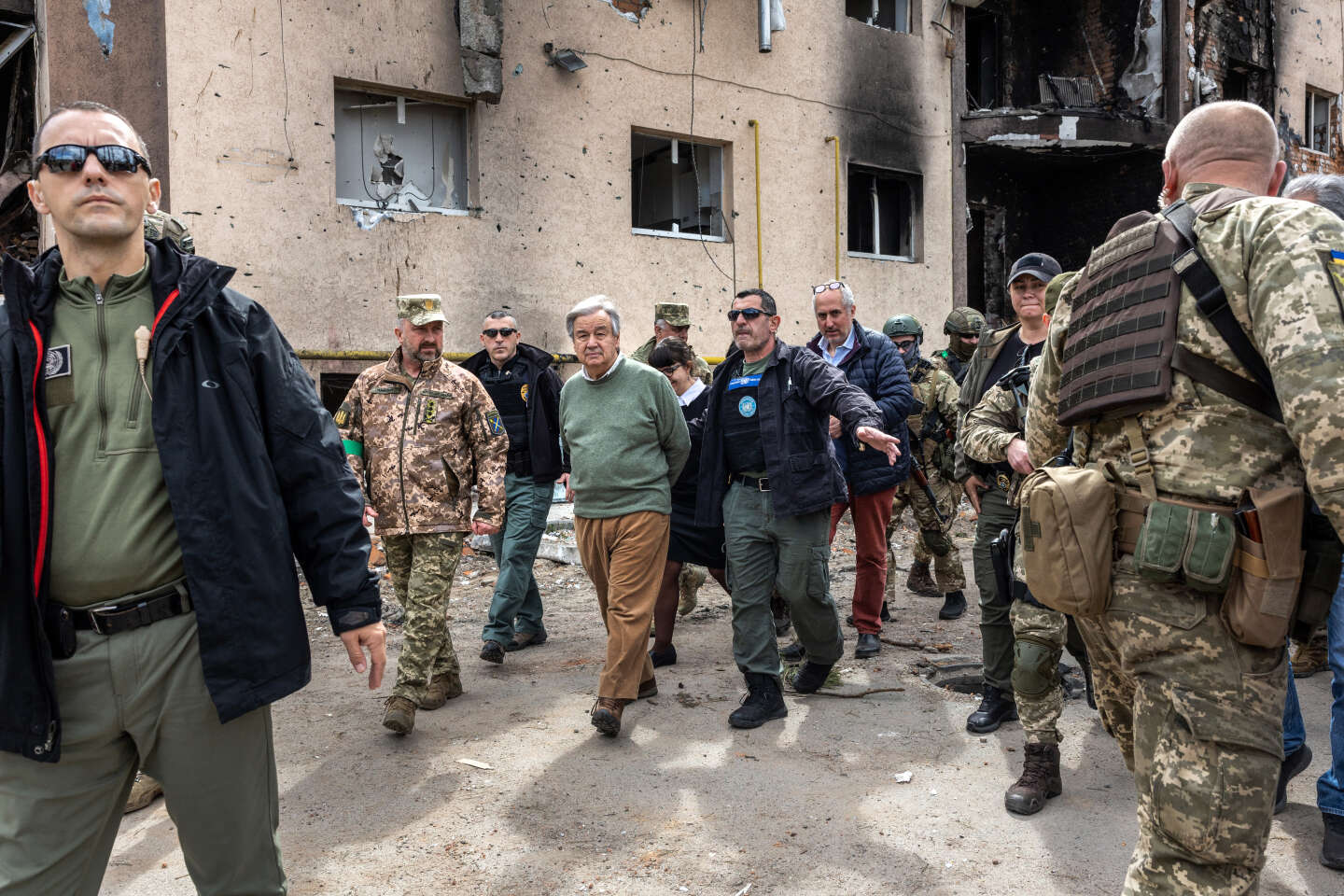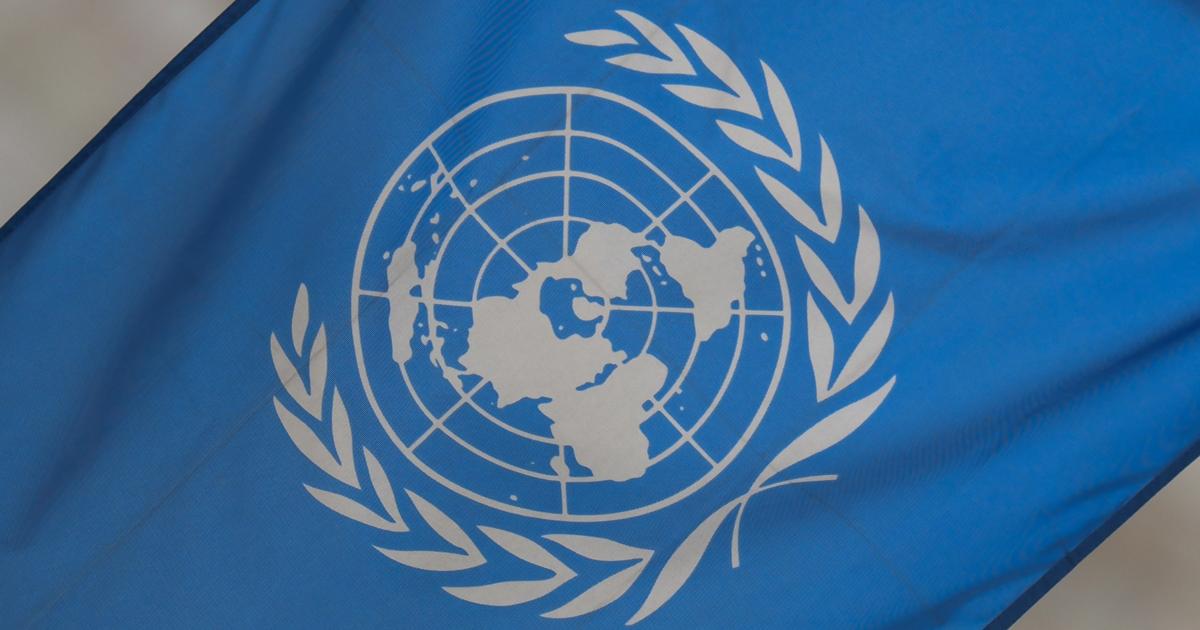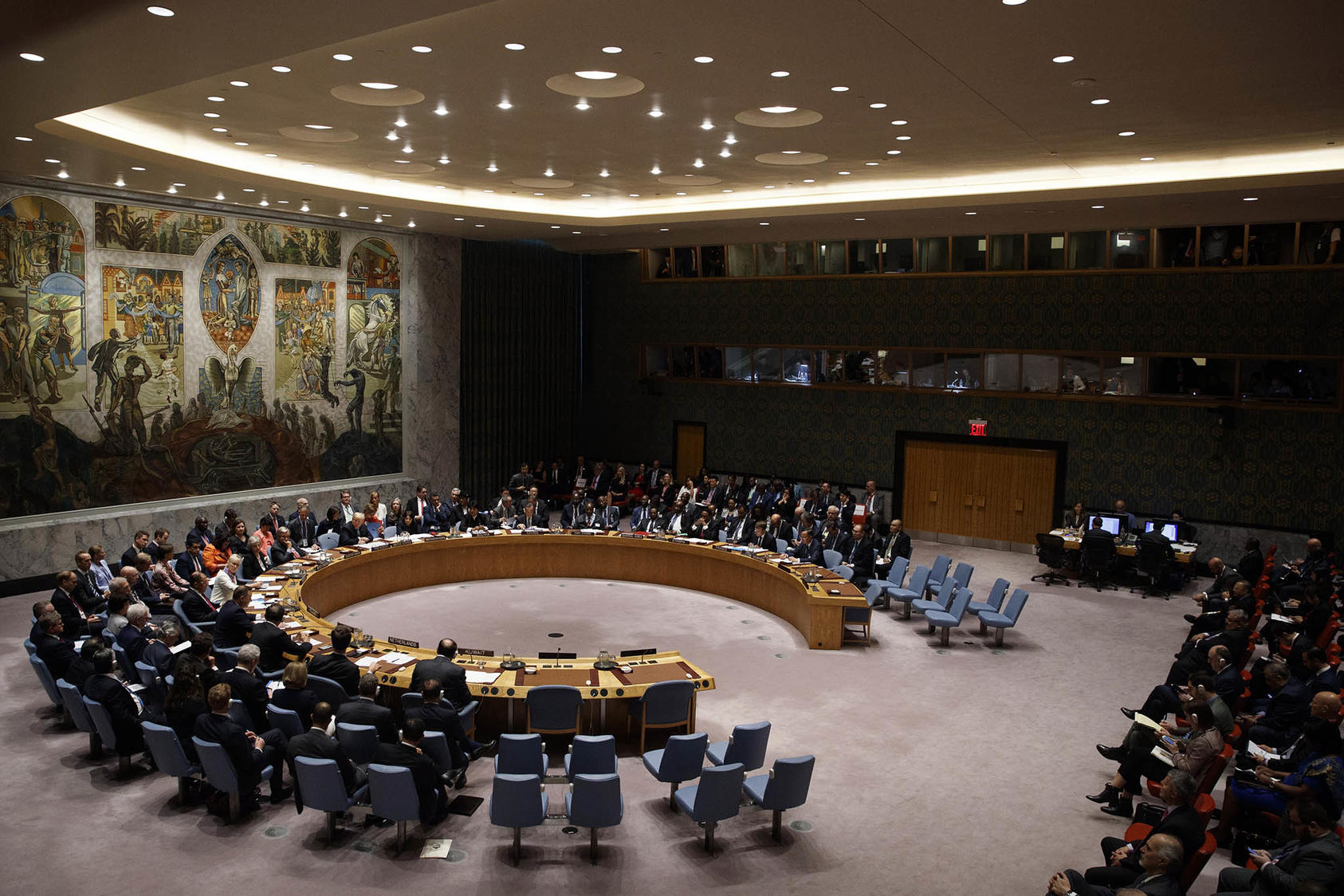Two conflicts are exposing the impotence of the United Nations.
In the past three years, the world has been shaken by two conflicts with a common denominator: territory.
We’re talking about Russia’s invasion of Ukraine and the Israeli occupation of Palestinian land. In both cases we’re witnessing a clash resulting from an unresolved issue in international politics and relations. The Russian invasion is the result of Russia continually pressing on the Ukrainian regions of Crimea and Donbas, anticipated by the unlawful referendum hosted by Russia in 2008. Similar to the current Gaza matter, an erosion of international relations (Russia-Ukraine) occurred because of the inability of international organizations, such as the UN and NATO, to properly tackle the occupations. This kind of situation often results from the unbinding nature of many UN resolutions and jurisdictions.
Let’s look at the situation in the Middle East. After almost 80 years, there has been no meaningful and sustainable progress in the occupied Palestinian territories, at the expense of the civilians decimated by air raids and ground assaults. The conflict raises severe doubts as to the function and utility of international organizations — specifically the political and military capacity of United Nations entities — entities that were born after World War II with the aim of synergizing nations and maintaining a peaceful status quo internationally.
The unbinding nature of resolutions from the UN General Assembly is a real problem. While the GA is the only one of the six UN organs that offers all member states equal representation, its resolutions are non-binding and not enforceable. They’re only recommendations. And in the midst of heated conflict, as we now see, those with significant war-time objectives often simply ignore them.
And the veto of the permanent members of the UN Security Council is another big problem. The United Nations Charter empowers the Security Council with authorizing military action, peacekeeping missions, and sanctions. While its peacekeeping missions have been generally successful, with sanctions and military action politics keeps getting in their way. The veto in the Council allows any of the 5 permanent members (China, France, Russia, UK and US) to veto a binding resolution of the Council if it runs contrary to the political interests of that member or one of its allies. And that keeps happening.
We see, time and time again, that an overwhelming majority of General Assembly member states can vote in favor of a non-binding resolution, and it then goes nowhere. Or the Security Council meets to consider a matter of extreme importance to global security (which is their purview), but one permanent member vetoes the resolution (however binding it would otherwise be). The UN Charter also empowers the General Assembly to act in the case of a threat to, or breach of, international security, when Security Council action is blocked by the veto of one of its permanent members. So why don’t we see that happening? All of this suggests that a reform of the organizations is much needed.
Some sign of change is critical at this moment, knowing that as the conflict in Gaza intensifies, Russia could see it as a good moment to intensify its military pressure on Ukraine.
An escalation in both Ukraine and the Middle East might have been avoided, but surely better addressed, if there had been a reform of the UN bodies preceding the two events, or even between them. The two wars are not just a red flag as to the inability of the UN to resolve international disputes, they are the consequences of it.
Red flags have been raised in the past, for example with Russia or North Korea. Both countries are currently under Security Council sanctions that do not, however, keep the countries from investing in their military. The sanctions only affect innocent civilians and lead to an even poorer standard of life for them.
Proposing a reform of the UN now could well be self-defeating, however, as it could render UN actions even more weak. Unfortunately, at this stage, while there is abundant evidence of the need for reform, it can likely only be when the international situation grows calmer.
Meanwhile thousands of Ukrainian, Palestinian and Israeli civilians will continue paying the price of the political stalemates with their lives.








